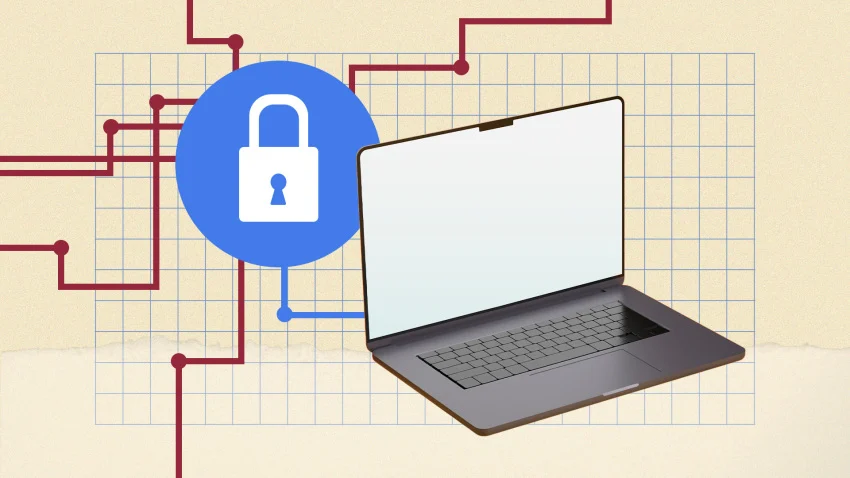A personal firewall is a security tool that monitors and controls network traffic between your device and the internet. Whether you need one depends on your specific situation and level of risk. Here are some key considerations to help you decide:
Reasons You Might Need a Personal Firewall
- You Use Public or Unsecured Networks Frequently
Public Wi-Fi networks, like those at cafes or airports, are vulnerable to cyberattacks like man-in-the-middle (MITM) attacks. A personal firewall can block suspicious traffic and protect your device. - You Work with Sensitive Information
If you handle confidential data, such as business documents or personal financial information, a personal firewall provides an added layer of protection against unauthorized access. - Your Operating System Lacks Built-in Security
While modern operating systems (e.g., Windows, macOS) include basic firewalls, older systems or custom setups might not. A dedicated personal firewall can fill this gap. - You Run Server Applications or Remote Access Tools
Applications like web servers or remote desktop software can expose your system to attacks. A personal firewall can regulate which connections are allowed. - You Want Granular Control Over Applications
A personal firewall often offers more detailed control than the built-in options, allowing you to manage permissions for individual apps.
Situations Where You May Not Need One
- Your Device Already Has a Built-in Firewall
Most modern devices include firewalls that are sufficient for basic protection. For example:- Windows Firewall in Windows
- Firewall in macOS
- Firewalls in modern routers
- You Rely on Other Security Measures
If your setup includes endpoint protection suites, a well-configured router firewall, and strong antivirus software, a separate personal firewall might be redundant. - You Don’t Engage in High-Risk Activities
If you mostly browse reputable websites, don’t download from unknown sources, and maintain updated software, your risk level is lower.
Alternatives to a Personal Firewall
- Router Firewall
Many routers include a firewall that protects all devices on the network. Configuring this properly can reduce the need for a personal firewall. - Virtual Private Network (VPN)
A VPN encrypts your internet traffic, which can complement other security measures. - Antivirus/Anti-Malware Software
These programs often include some level of traffic monitoring.
Bottom Line
A personal firewall is most useful if:
- You’re frequently on public networks.
- You handle sensitive or critical data.
- You want extra control over what enters and leaves your device.
If you’re careful about security, use updated software, and already have a robust security setup, a personal firewall might not be necessary. However, it can still provide peace of mind.The concept of a firewall—a hardware or software defense against network attack—goes back to the days of mighty mainframe computers. The idea of equipping a personal computer with firewall protection didn’t catch on immediately. The brash and colorful ZoneAlarm firewall was one of the first personal firewalls. In those days, more than 20 years ago, the company had the unenviable task of educating the populace as to what the heck a firewall is and why they should want one. Windows 98, then current, didn’t offer such protection, so ZoneAlarm and its competitors thrived.
This heyday of the personal firewall didn’t last, though.A few years later, Windows XP appeared with the beginnings of a proper firewall, and firewall protection in Windows has only improved since then. Third-party firewalls typically do no more than the built-in when fending off outside attacks. They distinguish themselves in areas like program control and exploit defense. But almost all security suites and even a few nominally standalone antivirus tools have a built-in firewall. Most contemporaries of the early ZoneAlarm have fallen by the wayside. Is the third-party personal firewall dead?



